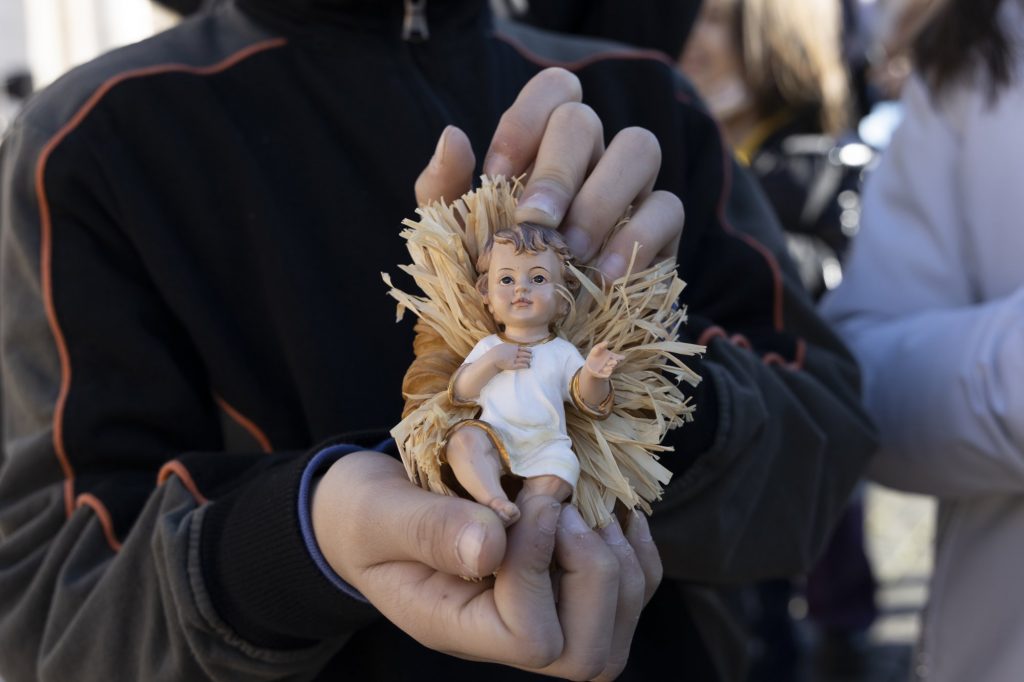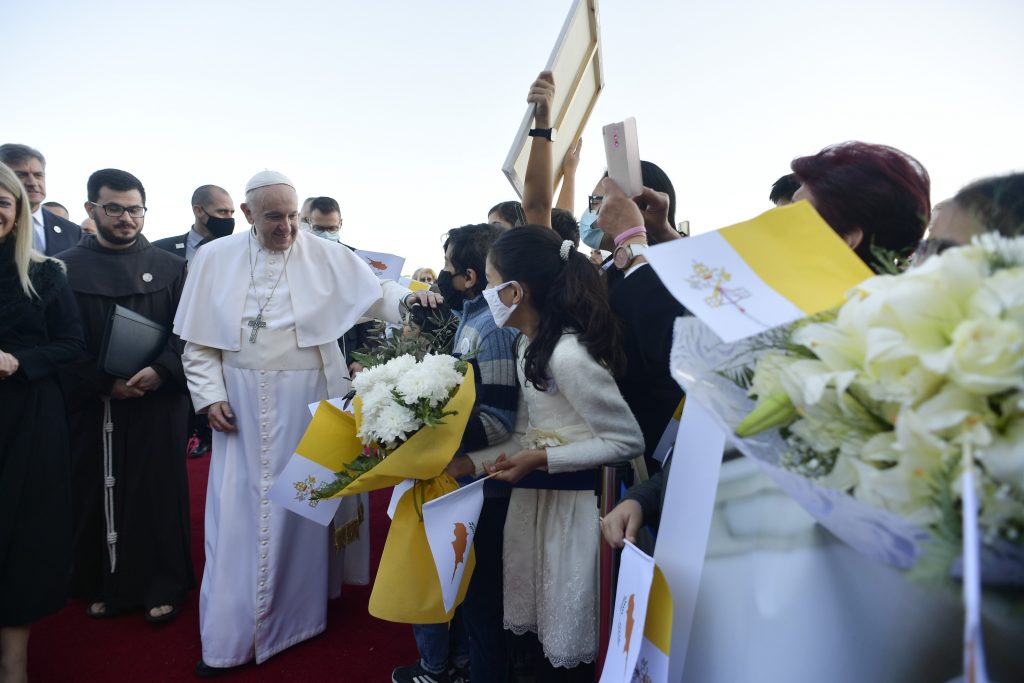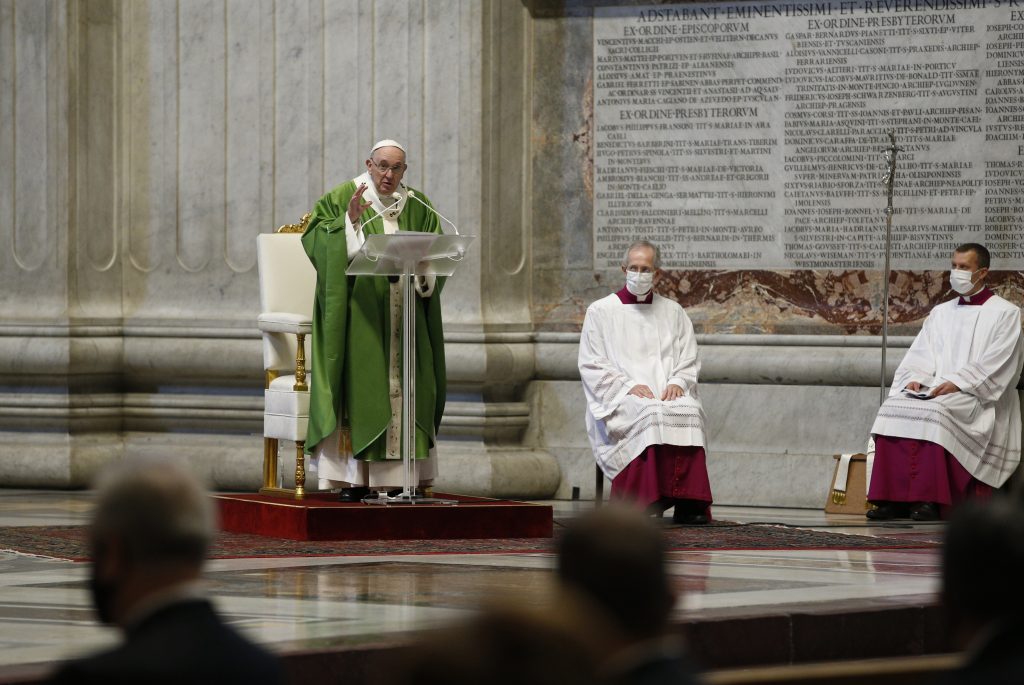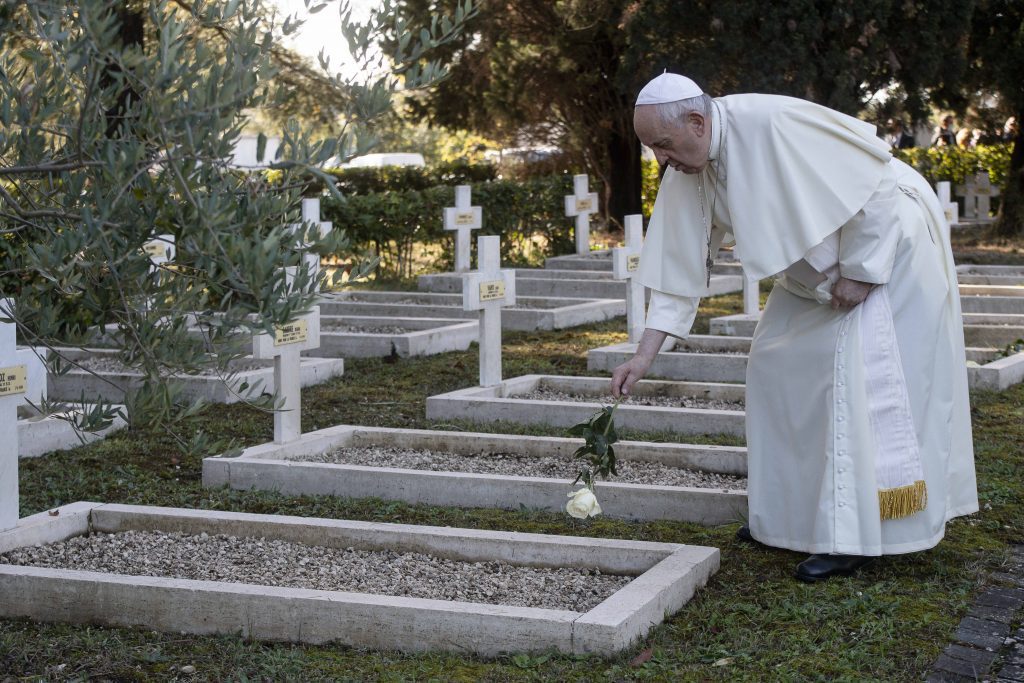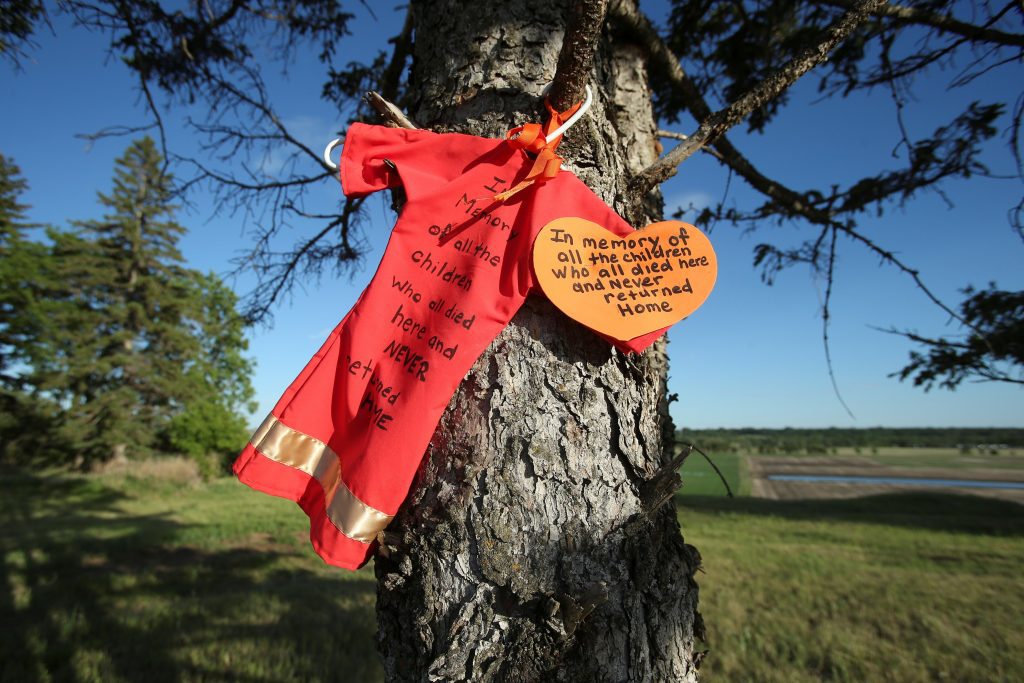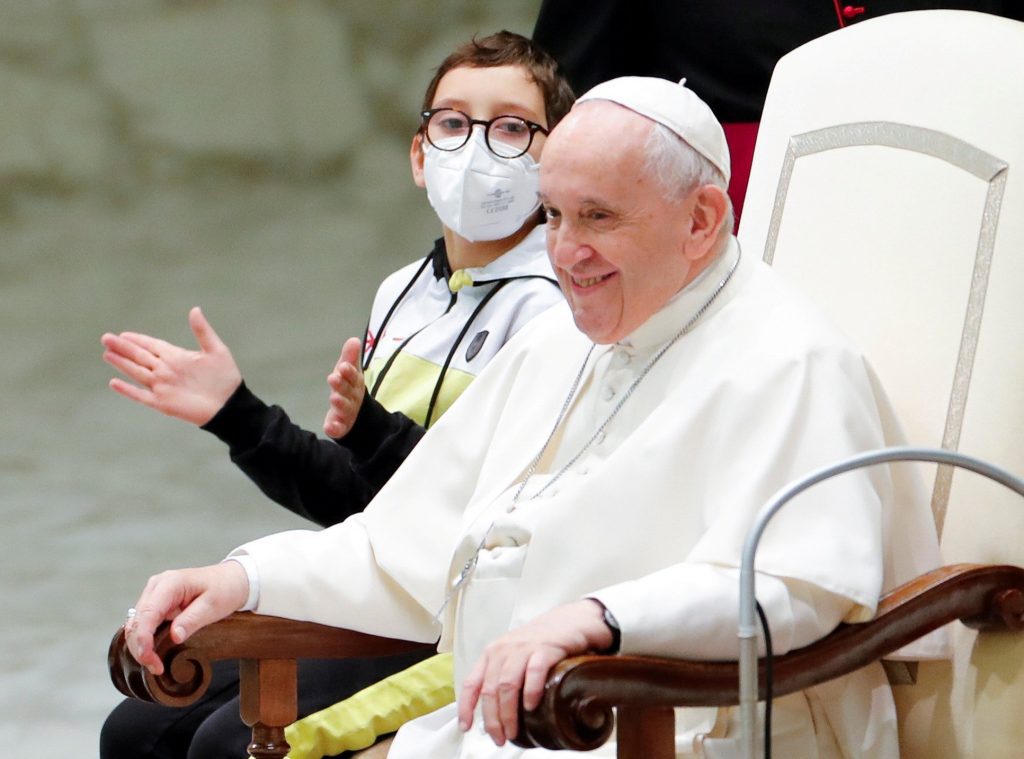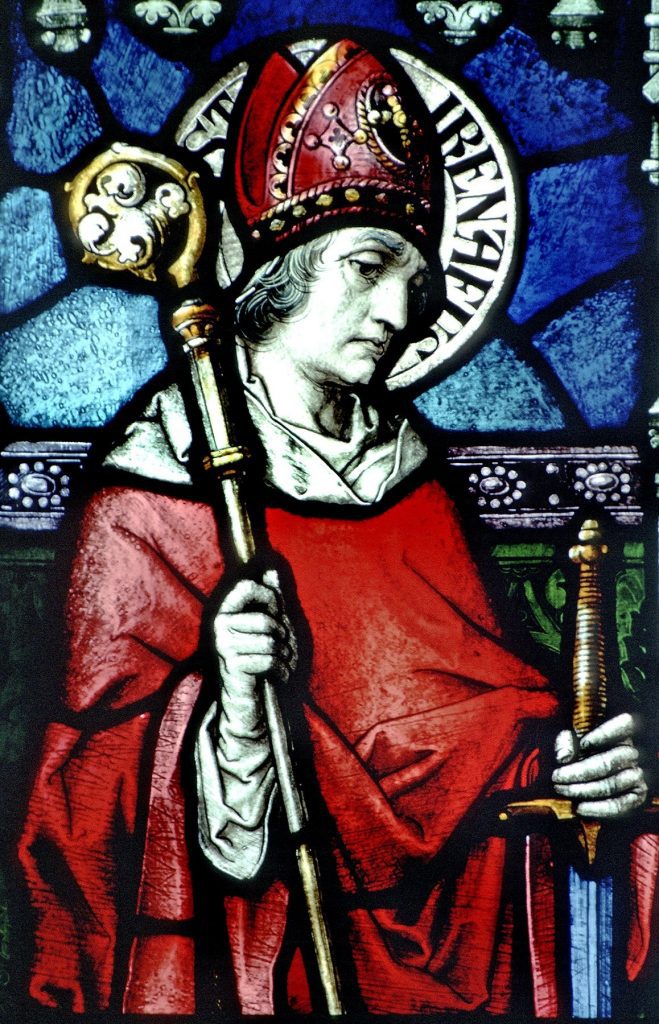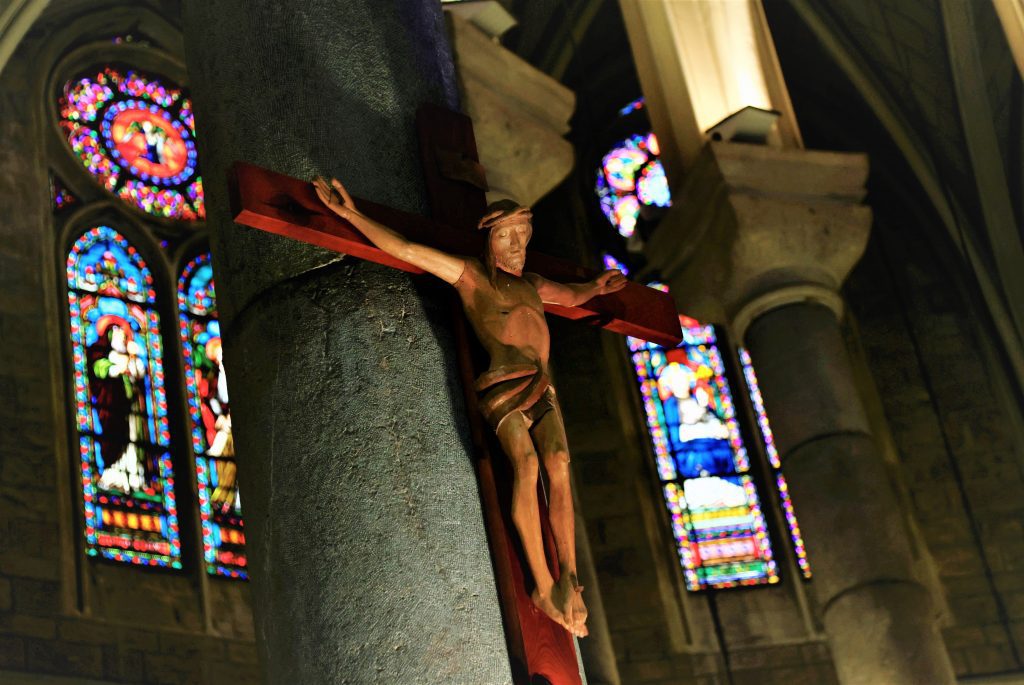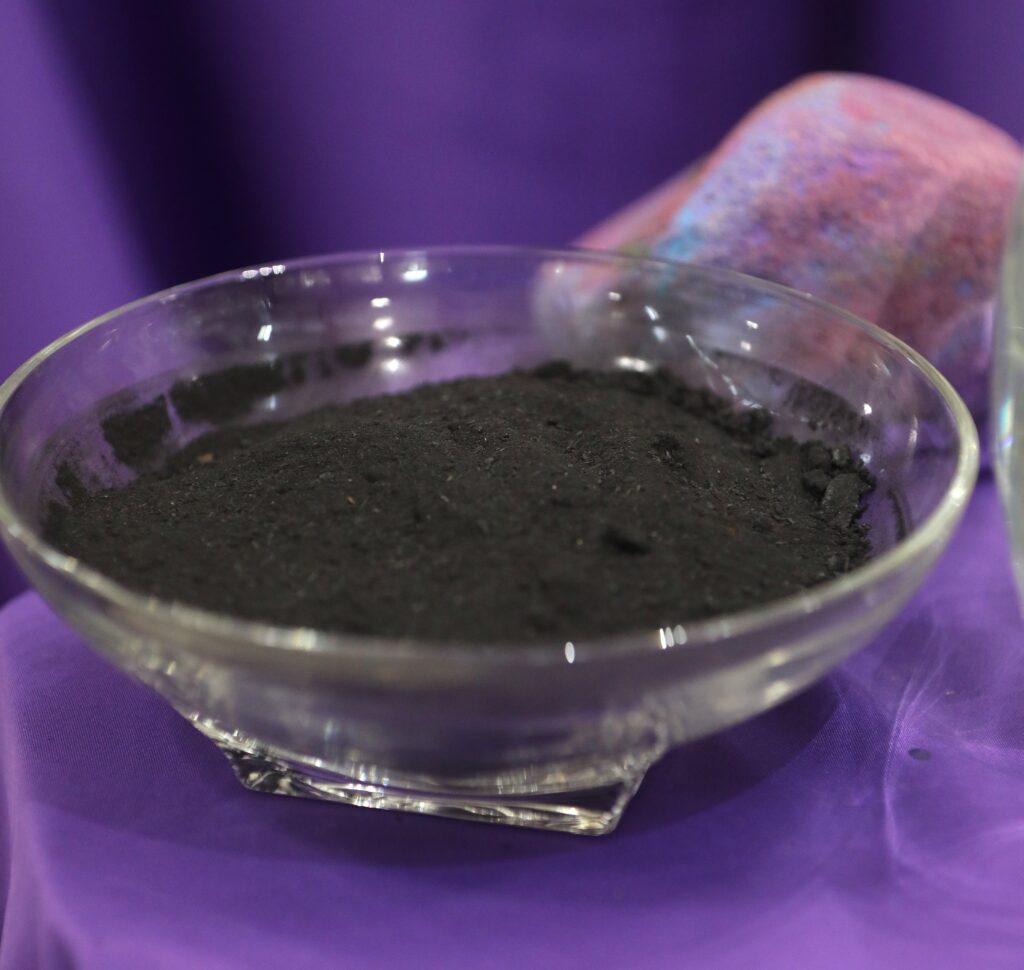
Message of the Holy Father
Through the Desert God Leads us to Freedom
Dear brothers and sisters!
When our God reveals himself, his message is always one of freedom: “I am the Lord your God, who brought you out of the land of Egypt, out of the house of slavery” (Ex 20:2). These are the first words of the Decalogue given to Moses on Mount Sinai. Those who heard them were quite familiar with the exodus of which God spoke: the experience of their bondage still weighed heavily upon them. In the desert, they received the “Ten Words” as a thoroughfare to freedom. We call them “commandments”, in order to emphasize the strength of the love by which God shapes his people. The call to freedom is a demanding one. It is not answered straightaway; it has to mature as part of a journey. Just as Israel in the desert still clung to Egypt – often longing for the past and grumbling against the Lord and Moses – today too, God’s people can cling to an oppressive bondage that it is called to leave behind. We realize how true this is at those moments when we feel hopeless, wandering through life like a desert and lacking a promised land as our destination. Lent is the season of grace in which the desert can become once more – in the words of the prophet Hosea – the place of our first love (cf. Hos 2:16-17). God shapes his people, he enables us to leave our slavery behind and experience a Passover from death to life. Like a bridegroom, the Lord draws us once more to himself, whispering words of love to our hearts.
The exodus from slavery to freedom is no abstract journey. If our celebration of Lent is to be concrete, the first step is to desire to open our eyes to reality. When the Lord calls out to Moses from the burning bush, he immediately shows that he is a God who sees and, above all, hears: “I have observed the misery of my people who are in Egypt; I have heard their cry on account of their taskmasters. Indeed I know their sufferings, and I have come down to deliver them from the Egyptians, and to bring them up out of that land to a good and broad land, a land flowing with milk and honey” (Ex 3:7-8). Today too, the cry of so many of our oppressed brothers and sisters rises to heaven. Let us ask ourselves: Do we hear that cry? Does it trouble us? Does it move us? All too many things keep us apart from each other, denying the fraternity that, from the beginning, binds us to one another.
During my visit to Lampedusa, as a way of countering the globalization of indifference, I asked two questions, which have become more and more pressing: “Where are you?” (Gen 3:9) and “Where is your brother?” (Gen 4:9). Our Lenten journey will be concrete if, by listening once more to those two questions, we realize that even today we remain under the rule of Pharaoh. A rule that makes us weary and indifferent. A model of growth that divides and robs us of a future. Earth, air and water are polluted, but so are our souls. True, Baptism has begun our process of liberation, yet there remains in us an inexplicable longing for slavery. A kind of attraction to the security of familiar things, to the detriment of our freedom.
In the Exodus account, there is a significant detail: it is God who sees, is moved and brings freedom; Israel does not ask for this. Pharaoh stifles dreams, blocks the view of heaven, makes it appear that this world, in which human dignity is trampled upon and authentic bonds are denied, can never change. He put everything in bondage to himself. Let us ask: Do I want a new world? Am I ready to leave behind my compromises with the old? The witness of many of my brother bishops and a great number of those who work for peace and justice has increasingly convinced me that we need to combat a deficit of hope that stifles dreams and the silent cry that reaches to heaven and moves the heart of God. This “deficit of hope” is not unlike the nostalgia for slavery that paralyzed Israel in the desert and prevented it from moving forward. An exodus can be interrupted: how else can we explain the fact that humanity has arrived at the threshold of universal fraternity and at levels of scientific, technical, cultural, and juridical development capable of guaranteeing dignity to all, yet gropes about in the darkness of inequality and conflict.
God has not grown weary of us. Let us welcome Lent as the great season in which he reminds us: “I am the Lord your God, who brought you out of the land of Egypt, out of the house of slavery” (Ex 20:2). Lent is a season of conversion, a time of freedom. Jesus himself, as we recall each year on the first Sunday of Lent, was driven into the desert by the Spirit in order to be tempted in freedom. For forty days, he will stand before us and with us: the incarnate Son. Unlike Pharaoh, God does not want subjects, but sons and daughters. The desert is the place where our freedom can mature in a personal decision not to fall back into slavery. In Lent, we find new criteria of justice and a community with which we can press forward on a road not yet taken.
This, however, entails a struggle, as the book of Exodus and the temptations of Jesus in the desert make clear to us. The voice of God, who says, “You are my Son, the Beloved” (Mk 1:11), and “You shall have no other gods before me” (Ex 20:3) is opposed by the enemy and his lies. Even more to be feared than Pharaoh are the idols that we set up for ourselves; we can consider them as his voice speaking within us. To be all-powerful, to be looked up to by all, to domineer over others: every human being is aware of how deeply seductive that lie can be. It is a road well-travelled. We can become attached to money, to certain projects, ideas or goals, to our position, to a tradition, even to certain individuals. Instead of making us move forward, they paralyze us. Instead of encounter, they create conflict. Yet there is also a new humanity, a people of the little ones and of the humble who have not yielded to the allure of the lie. Whereas those who serve idols become like them, mute, blind, deaf and immobile (cf. Ps 114:4), the poor of spirit are open and ready: a silent force of good that heals and sustains the world.
It is time to act, and in Lent, to act also means to pause. To pause in prayer, in order to receive the word of God, to pause like the Samaritan in the presence of a wounded brother or sister. Love of God and love of neighbour are one love. Not to have other gods is to pause in the presence of God beside the flesh of our neighbour. For this reason, prayer, almsgiving and fasting are not three unrelated acts, but a single movement of openness and self-emptying, in which we cast out the idols that weigh us down, the attachments that imprison us. Then the atrophied and isolated heart will revive. Slow down, then, and pause! The contemplative dimension of life that Lent helps us to rediscover will release new energies. In the presence of God, we become brothers and sisters, more sensitive to one another: in place of threats and enemies, we discover companions and fellow travelers. This is God’s dream, the promised land to which we journey once we have left our slavery behind.
The Church’s synodal form, which in these years we are rediscovering and cultivating, suggests that Lent is also a time of communitarian decisions, of decisions, small and large, that are countercurrent. Decisions capable of altering the daily lives of individuals and entire neighbourhoods, such as the ways we acquire goods, care for creation, and strive to include those who go unseen or are looked down upon. I invite every Christian community to do just this: to offer its members moments set aside to rethink their lifestyles, times to examine their presence in society and the contribution they make to its betterment. Woe to us if our Christian penance were to resemble the kind of penance that so dismayed Jesus. To us too, he says: “Whenever you fast, do not look dismal, like the hypocrites, for they disfigure their faces so as to show others that they are fasting” (Mt 6:16). Instead, let others see joyful faces, catch the scent of freedom and experience the love that makes all things new, beginning with the smallest and those nearest to us. This can happen in every one of our Christian communities.
To the extent that this Lent becomes a time of conversion, an anxious humanity will notice a burst of creativity, a flash of new hope. Allow me to repeat what I told the young people whom I met in Lisbon last summer: “Keep seeking and be ready to take risks. At this moment in time, we face enormous risks; we hear the painful plea of so many people. Indeed, we are experiencing a third world war fought piecemeal. Yet let us find the courage to see our world, not as being in its death throes but in a process of giving birth, not at the end but at the beginning of a great new chapter of history. We need courage to think like this” (Address to University Students, 3 August 2023). Such is the courage of conversion, born of coming up from slavery. For faith and charity take hope, this small child, by the hand. They teach her to walk, and at the same time, she leads them forward.[1]
I bless all of you and your Lenten journey.
Rome, Saint John Lateran, 3 December 2023, First Sunday of Advent.
FRANCIS

